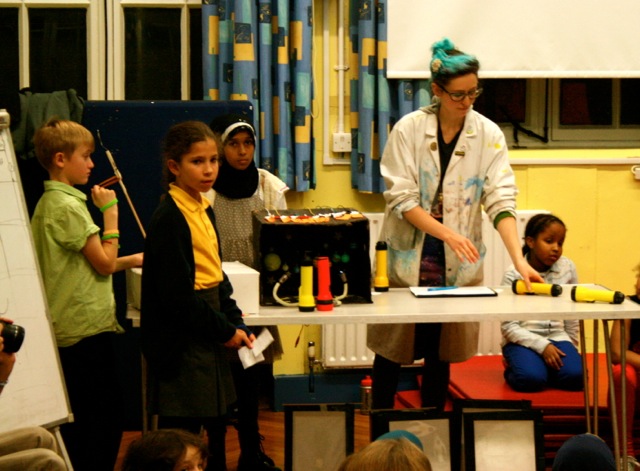Who’s in charge of Britain these days? I don’t mean who’s in power, or who has the most MPs. I mean who is looking at the country’s complex economic and social problems and saying, “Here’s how we’re going to fix this.”
A few years ago, under Labour, the answer would have been, “The State, that’s who”. And had a Labour government – once flush with cash – concentrated on the things the state does well, like providing good schools, health care and affordable homes, “government” might not have become a dirty word. But they couldn’t stop themselves. From ID cards to the DNA data base and an obsession with centrally mandated targets and red-tape, New Labour blew it, creating first the nanny, then the bully state and earning central control a bad name along the way.
What then to replace it with? The Tories agonised throughout their wilderness years, trying on new mantras like Ascot hats. Then in came Compassionate Conservatism . As defined by leading Tory thinker, now MP Jesse Norman, it’s a conservatism which “acknowledges the power of the state but insists on its limitations”. The Big Society was David Cameron’s riff on the same theme, a concept so vague it’s been relaunched at least 3 times.
In reality what we’re getting is an increasingly fragmented state. Not a Big Society so much as an atomised one. It’s not that power and responsibility have been de-centralised so much as they’ve been allowed to drift quietly away. Overall public spending cuts are decided in Whitehall but the dirty work, where to cut and how deep, is passed on to others. Take local authorities: bribed by the government to freeze council taxes, most have run out of cash. Now they’re abandoning some services completely, while scaling others back and handing them over to the charitable sector to do on the cheap.
Camden for example has the full range of social and economic problems you’d expect in an inner London borough. But due to the budget crisis, it’s scrapping universal access to breakfast and after-school clubs, and to holiday play schemes. Some will close completely. Others will be run by “community providers” (charities) who’ll offer “a service for those children who most need help” (those already being helped by social services) and a few subsidised places for children of the working poor. It won’t be many, for it can’t be – the charities are doing this for a measly one third of what the council used to spend on kids. What’s the result likely to be? According to a study Camden commissioned last year from the Daycare Trust, 95% of parents who use the play service are working or studying. Paying more for childcare or not being able to access it, “is likely to push some lower income families out of the labour market and into poverty.”
Of course, everyone has their axe-swinging budget tale of woe. But how does cutting any service for children sit with this government’s avowed aims of improving social mobility and educational achievement? Children from poor backgrounds do significantly worse in school than their peers from better off homes. Children who do badly at school don’t get jobs – and so on. Surely it would be impossible to even contemplate cuts that reduce a child’s chances of future success if somebody were actually in charge?
And what about the charities the Tories want to hand responsibility to? Which ones, and coordinated by who? There are literally thousands of them (a quick Google of those for disabled children alone brings up 235). To whom should they offer their services? To local authorities certainly, but their powers are diminishing – especially when it comes to schools. First academies, now free schools have spun off into isolated little worlds. Michael Gove doesn’t really want local authorities to have any substantial role. All schools now have more control over their own budgets, but at the same time they have to buy in many more of the services once provided by the councils – and they have to do it on their own.
And so it goes on. Take health, where thanks to recent reforms, different private companies will provide services in different counties. First up, NHS children’s services in Devon. Virgin and Serco are bidding for that contract. Look out for a hospital near you being handed over to companies that transport prisoners and run trains. As for who’s in charge –the architect of the reforms, Andrew Lansley, tried his best to make sure it wouldn’t be him. The original health reform bill removed the duty of the Secretary of State to provide health services at all, allowing the government to sidestep blame for any failings in the NHS. After an outcry (and pressure from the Lib Dems) that was scrapped, but the thinking behind it illustrates this new Tory laissez-faire gone wild.
Thus the Big Society takes shape. Fragmented, chaotic, everyone scrabbling for their place while the state sits back, shunning responsibility and dodging the blame. This is not an argument in favour of Labour’s control freakery or against private and 3rd sector involvement in public services. But someone needs to join the dots and come up with a plan that isn’t just about tackling the debt and which builds rather than destroys. That’s what government is for.
Come to think of it, that suggests an anti-Tory slogan for Labour at the next election: “Why vote for a government that doesn’t believe in government at all?”

